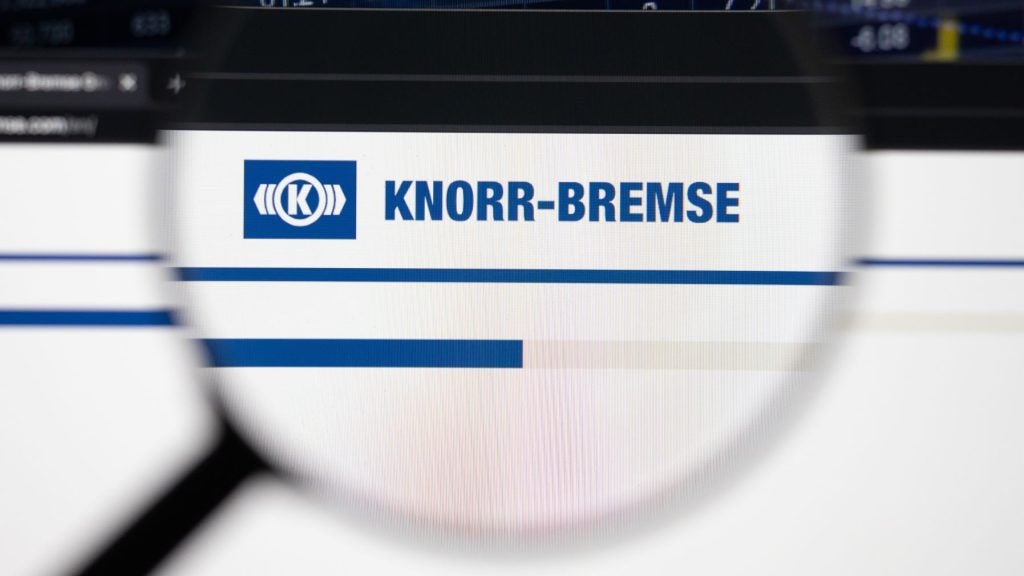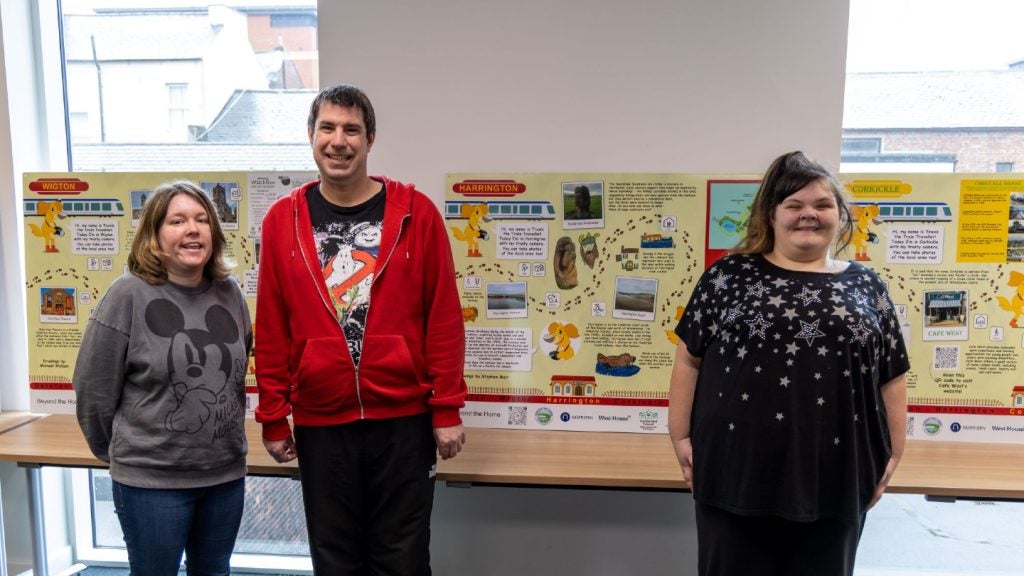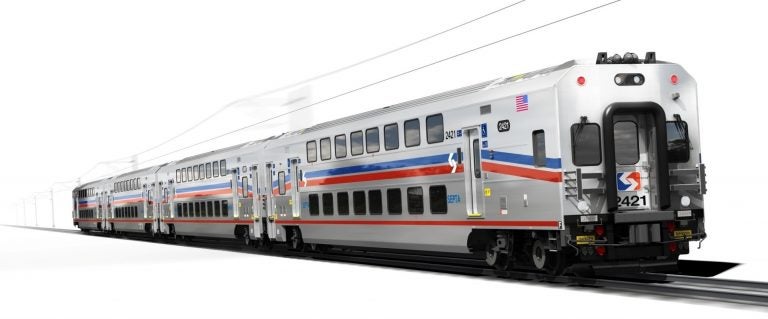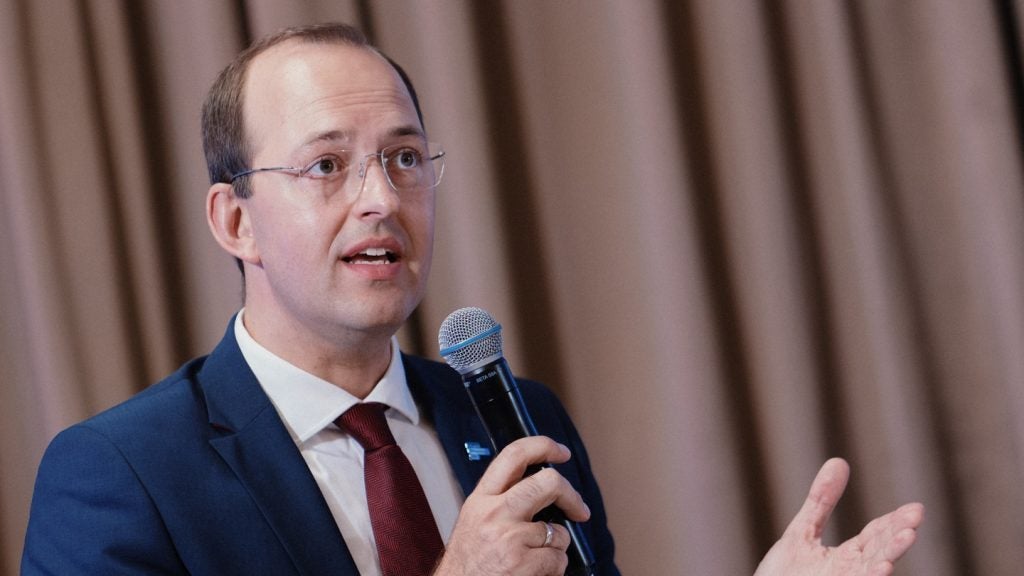
Dutch rail technology company Strukton Rail has secured a major track renewal project from Swedish transport administration Trafikverket, involving 80km of track between Boden and Bastuträsk in Upper Norrland, northern Sweden.
The deal also includes an option for a further 16km of track.
The project will be carried out in three stages starting with the Koler – Älsbyn section in April this year, followed by Storblåliden-Koler and Bastuträsk – Träskholm.
The entire project is scheduled to be completed in October next year.
Under the deal, Strukton will use its high output equipment to renew the rails, sleepers and ballast to high performance and quality standards.
See Also:
The railway line is mainly used by freight trains for mining and forestry traffic. Strukton notedthere have been regular rail breaks in recent years, which led to the imposition of speed limits and a reduction in capacity.
How well do you really know your competitors?
Access the most comprehensive Company Profiles on the market, powered by GlobalData. Save hours of research. Gain competitive edge.

Thank you!
Your download email will arrive shortly
Not ready to buy yet? Download a free sample
We are confident about the unique quality of our Company Profiles. However, we want you to make the most beneficial decision for your business, so we offer a free sample that you can download by submitting the below form
By GlobalDataOriginal plans to renew the tracks between Constance and Bastuträsk were postponed for a budget vote in Swedish parliament last year.
It is reported this decision was reconsidered, and a new plan was formulated to replace rails and sleepers and clean the ballast on a total of 100km of track.
In Sweden, Strukton Rail has 870 employees and is claimed to be Scandinavia’s largest private rail contractor that builds, operates and maintains railways.
In January, Strukton won a €50m contract from Trafikverket for the maintenance of railways around Malmö, Sweden. Under the deal, Strukton was responsible for maintaining the 360km-long railway section for a period of five years, which included an option to extend it for a further two years.
Image: Strukton Rail cleaning a ballast on the Söderas line in Sweden in 2015. Photo: courtesy of Strukton.







